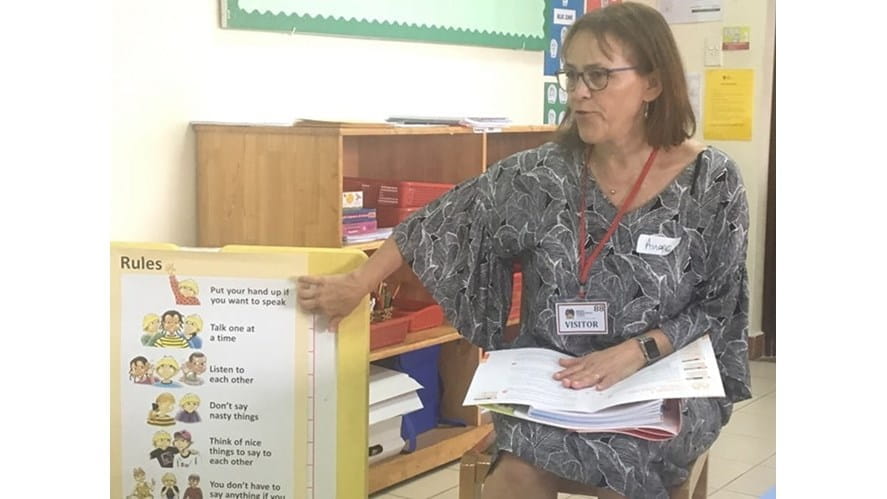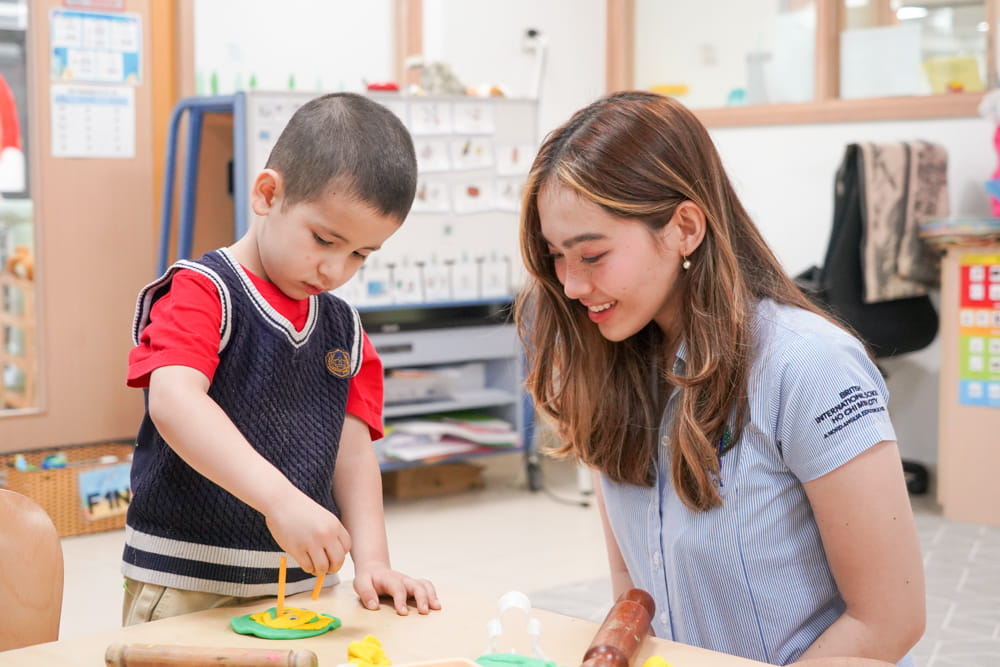How to Help Children Develop Emotional Resilience - Weekly Wellbeing This month staff received training from Educational Psychologist Angie Wigford on how to help children develop Emotional Resilience. She shared with us the importance of looking after the mental health of our children and giving them strategies to cope with issues that arise in everyday life.
Resilient kids are problem solvers. They face unfamiliar or tough situations and strive to find good solutions.
This month staff received training from Educational Psychologist Angie Wigford on how to help children develop Emotional Resilience. She shared with us the importance of looking after the mental health of our children and giving them strategies to cope with issues that arise in everyday life.
It is important for children that their coping strategies should:
- Improve the situation or make them feel better
- Not harm them or anyone else
The training covered areas such as feelings, communication, friendship, solving problems and dealing with change.
How can I help my child to be more emotionally resilient at home?
1. Don’t accommodate every need
It’s good for children to solve their own problems, so that they can develop the skills to do this as adults.
2. Avoid eliminating all risk
Naturally, parents want to keep their children safe. But eliminating all risk robs them of learning resiliency. Giving age-appropriate freedom helps them learn their own limits.
3. Teach them to problem-solve
Show your child that it’s ok to be nervous or anxious about a problem and give them opportunities to work out the solutions to problems. Model problem solving and brainstorm ideas with them e.g. “I have a sleepover planned but I’m worried about being away from home, what can I do?”
4. Ask ‘How?’ instead of ‘Why?’ questions
“Why” questions aren’t helpful in promoting problem-solving. “How” questions will teach different skills. “How do you get yourself out of bed when it’s warm and cosy? How do you make sure you have someone to play with at break?”
5. Don’t provide all the answers
Rather than providing your kids with every answer, start using the phrase “I don’t know,” followed by promoting problem-solving. Starting with small situations when they’re young helps prepare kids to handle bigger trials. They won’t like it, but they’ll get used to it. For instance, if your child asks if they’re getting an injection from the doctor, instead of placating them, say, “I don’t know. You might be due for an injection. Let’s work out how you’re going to get through it.”
6. Let your kids make mistakes
Failure is not the end of the world. It’s the place you get to when you work out what to do next.
7. Help them manage their emotions
Emotional management is key in resilience. Teach your kids that all emotions are OK. Also, teach them that after feeling their feelings, they need to think through what they’re doing next. If your child throws a tantrum be clear about what behaviour is appropriate (and inappropriate). You might say, “I’m sorry we’re not going to get ice cream, but this behaviour is unacceptable.”
8. Model resiliency
Kids also learn from observing their parents’ behaviour, so model problem solving for them, where you can.
“Resiliency helps kids navigate the inevitable trials, triumphs and tribulations of childhood and adolescence. Resilient kids also become resilient adults, able to survive and thrive in the face of life’s unavoidable stressors.” - Margarita Tartakovsky








